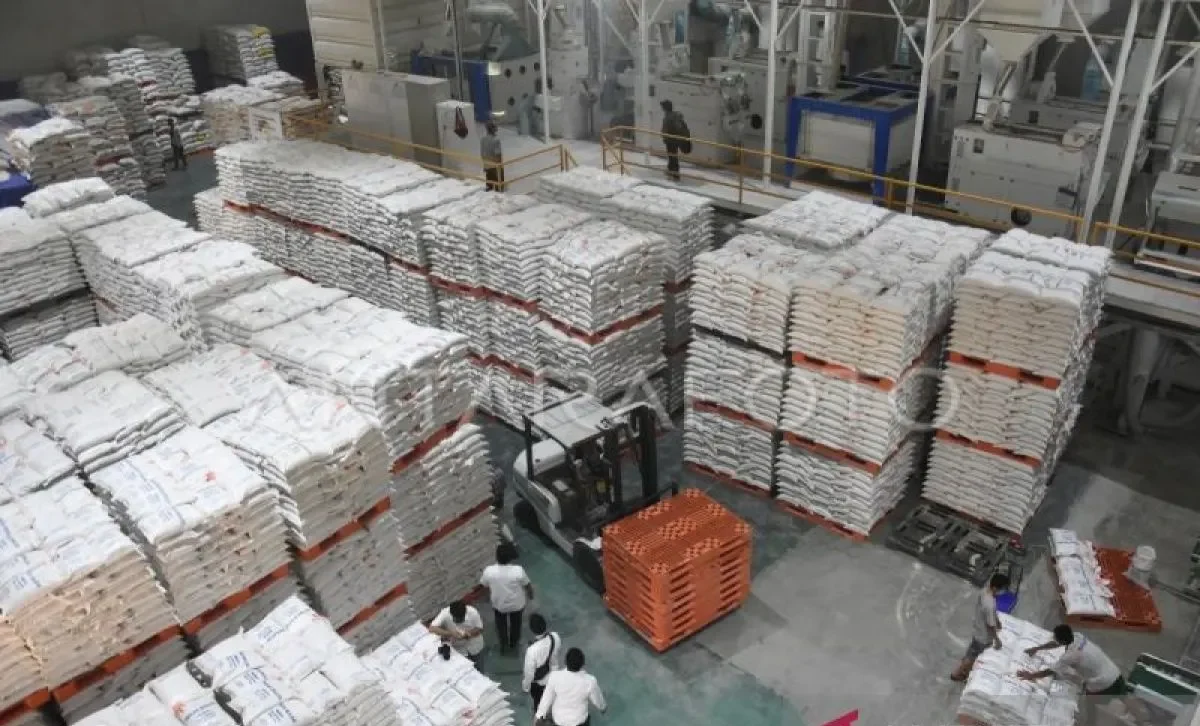Jakarta( WNAM MONITORING): The National Food Agency (Bapanas) stated that the government completed 2.2 million tons of rice imports between January and May 2024 and plans to import another 2.1 million tons from June to December this year.
The agency’s acting chief secretary, Sarwo Edhy, made the statement while conversing with journalists on the sidelines of a Focus Group Discussion (FGD), here, Wednesday (July 17), to gather perspectives on Indonesia’s food security.
The FGD’s theme was “Building a more adaptive and effective system for subsidized fertilizer policy to maintain Indonesia’s national food security.”
Edhy remarked that in addition to the rice import plan, the absorption of local farmers’ rice production remains a priority for supplying Indonesia’s national rice stock.
“Of course, the realization of rice import has been adapted to our domestic production. It means that if the domestic rice production can meet our needs, there will be no rice import,” he said.
Edhy noted that Bapanas alone has been mandated to ensure that the food needs of Indonesia’s population, which exceeds 270 million, can be fulfilled.
Bapanas, he added, has prepared a national food balance sheet by involving the Agriculture Ministry, Coordinating Ministry for Economy, National Development Planning Ministry, Statistics Indonesia (BPS), and several other related agencies.
The national food balance sheet revealed that Indonesia’s domestic rice production is expected to reach 31.5 million tons, while the preliminary rice stock is recorded at 4.1 million tons, he said.
The predicted figure of local farmers’ rice production, recorded at 31.5 million tons annually, could be reached if their paddy fields were not hit by flooding, drought, rice diseases, and insects, according to him.
The central government has taken preliminary measures to protect local farmers’ paddy fields from the impacts of drought. One of the measures is implementing a water pumping program.
President Joko Widodo (Jokowi) had earlier stated that the Ministry of Agriculture’s water pumping program aims to help local farmers cope with the impact of prolonged drought on their paddy fields.
Water pumping machines can derive full benefit from ground and river water to irrigate vulnerable rice fields.
Indonesia is forecast to experience prolonged drought in July, August, September, and October. President Jokowi said the water pumping program is expected to help farmers boost rice productivity.


